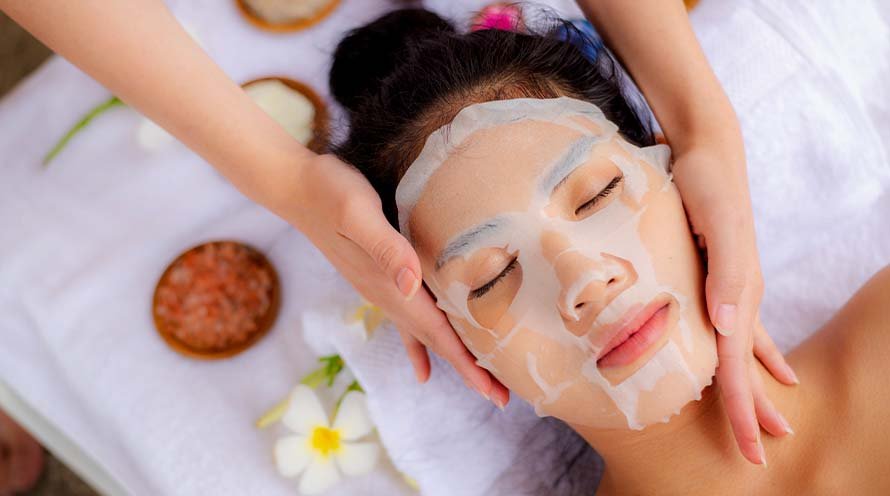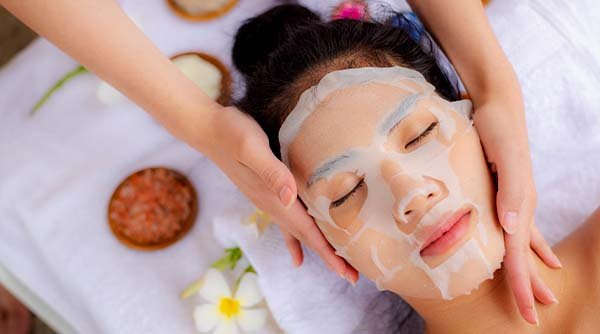Simple Ways to Use Hyaluronic Acid in Skincare Routine
When it comes to achieving hydrated, plump, and glowing skin, few ingredients rival the popularity and effectiveness of hyaluronic acid. Naturally found in the skin, this powerful humectant can hold up to 1000 times its weight in water, making it a hero ingredient for all skin types. Whether you have dry, oily, or combination skin, incorporating hyaluronic acid skincare products into your daily routine can drastically improve moisture retention, skin texture, and elasticity.
In this blog, we’ll explore how to choose the right hyaluronic acid products and how to seamlessly include them in your hyaluronic acid skincare routine for the best results.
Ways to Use Hyaluronic Acid in Skincare
- Hyaluronic Acid Serum: Lightweight and fast absorbing for deep hydration.
- Hyaluronic Acid Moisturizer: Seals in moisture and supports skin barrier.
- Hyaluronic Acid Sunscreen: Hydrates while shielding from UV damage.
- Hyaluronic Acid Sheet Mask: Provides proper moisture and plumps dehydrated skin.
- Hyaluronic Acid Eye Mask: Hydrates and smooths fine lines around the eyes.
How to Choose the Right Hyaluronic Acid Product?
Not all hyaluronic acid products are created equal. Depending on your skin’s needs and routine preferences, you can pick from a range of formulas, each offering unique benefits.
Hyaluronic Acid Serum
Hyaluronic acid serums are perhaps the most potent and fast absorbing formulations. Applied after cleansing and before moisturizing, a serum with hyaluronic acid is like a direct shot of hydration. Look for formulas that also contain vitamin C, glycerin, or ceramides for added skin benefits. Ideal for both morning and night-time use, serums are a staple in any hyaluronic acid skincare routine.
- Pro Tip: Always apply serum to damp skin to maximize absorption and lock in moisture.
Hyaluronic Acid Moisturizer
Moisturizers with hyaluronic acid are great for reinforcing the skin’s barrier and maintaining hydration throughout the day. They are especially helpful in dry climates or during the winter months when skin needs an extra layer of moisture.
Hyaluronic Acid Sunscreen
Sun exposure can dehydrate the skin, making it dull and prone to early ageing. Using a sunscreen with hyaluronic acid helps hydrate the skin while offering sun protection. This is a smart way to combine essential skincare steps without overloading your face with products. It’s particularly helpful for those with oily skin who prefer lightweight sunscreen. Also, remember, always go for a sunscreen with SPF 50 and reapply it every few hours for optimum sun protection.
Hyaluronic Acid Sheet Mask
Sheet masks offer an intense burst of hydration and are perfect for weekly skin pampering. A sheet mask with hyaluronic acid drenches your skin with moisture in just 10–15 minutes. These are excellent before special occasions or whenever your skin feels tired and dull. Use them after cleansing and follow up with a light moisturizer or serum to seal in the hydration.
Hyaluronic Acid Eye Mask
The delicate under-eye area often shows the first signs of dryness and fatigue. Eye mask with hyaluronic acid are highly effective in soothing puffiness, plumping fine lines, and deeply hydrating the delicate under-eye area for a refreshed, well-rested look. For an added cooling and de-puffing effect, store them in the fridge before use.
How to Use Hyaluronic Acid in Your Skincare Routine
The key to unlocking the benefits of hyaluronic acid skincare is knowing how to layer it effectively within your daily routine.
Daily Routine
AM Routine
A balanced hyaluronic acid skincare routine can do wonders for your skin—keeping it hydrated, smooth, and healthy. In the morning, start with a gentle face wash, followed by a hydrating toner if you use one. Then apply 2–3 drops of hyaluronic acid serum on slightly damp skin and seal it with a gel-based moisturizer. Don’t skip sunscreen—choose one with hyaluronic acid and SPF 50 to keep skin protected and moisturized through the day.
PM Routine
At night, begin with a double cleanse method and micellar water followed by a regular hydrating cleanser—to remove makeup, sunscreen, and dirt. Apply the serum again for overnight hydration. Follow up with an eye cream or eye mask, then lock everything in with a nourishing night cream.
Weekly Routine
Exfoliation & Mask
For best results, add weekly treatments like a sheet mask, coconut eye mask, and gentle exfoliation to your beauty ritual. These steps enhance absorption and support skin repair—amplifying the overall hyaluronic acid skin benefits in your routine.
Incorporating a hyaluronic acid skincare approach into your routine is an easy and effective way to boost hydration, improve elasticity, and achieve a healthy, dewy glow. Whether through serums, moisturizers, or masks, choose the formulation that suits you the best and follow a consistent hyaluronic acid skincare routine for long-lasting moisture and visibly healthier skin. If it’s not already part of your regimen, now’s the perfect time to make hyaluronic acid your go-to for radiant skin.
Now that you understand how to incorporate hyaluronic acid into your daily regimen, it’s time to build a skincare routine that suits your unique needs. Not sure where to start? Take our skincare quiz and get personalised product recommendations tailored just for you. Don’t forget to explore the complete range of Garnier skincare for effective solutions that hydrate, protect, and brighten your skin. For more guidance, check out our expert skincare tips to help you achieve a healthy, glowing complexion.


